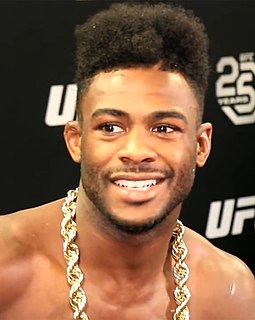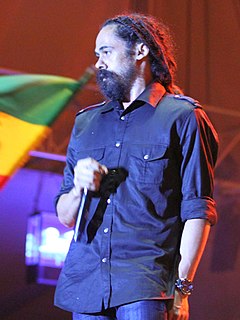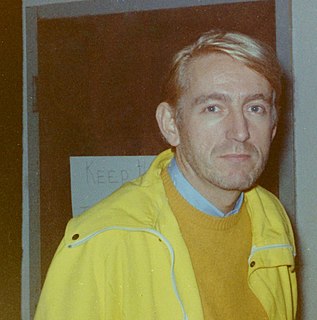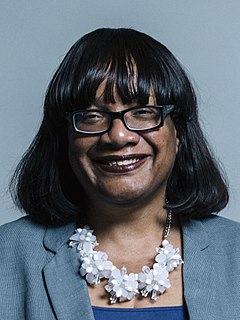A Quote by Stuart Hall
I'm the blackest member of my family. You know, these mixed families produce children of all colors, and in Jamaica, the question of exactly what shade you were, in colonial Jamaica, that was the most important question. Because you could read off class and education and status from that. I was aware and conscious of that from the very beginning.
Related Quotes
The question about the Salafi is an important question as I say in Arab Awakening, and have often repeated since. I am really underlining the importance of this, because we really don't have very good memories. Remember - the Taliban in Afghanistan were not at all politicised in the beginning. They were just on about education. And then they were pushed by the Saudi and the Americans to be against the Russian colonisation, and as a result they came to be politicised.
The most important difference between these early American families and our own is that early families constituted economic unitsin which all members, from young children on up, played important productive roles within the household. The prosperity of the whole family depended on how well husband, wife, and children could manage and cultivate the land. Children were essential to this family enterprise from age six or so until their twenties, when they left home.
I believe that many lives around us now can reflect this strange pattern of migration and movement. The question is: are we aware of it, and do we embrace it as a kind of birthright? I do. And yet, I feel deeply connected to at least two homespaces - Jamaica and Ghana, and more recently, South Carolina.
I go back five generations in Jamaica. My dad grew up in Port Royal, and my mom grew up in Kingston. My family is from the country like West Moreland and also in Manchester. I've been there countless times. As far as cuisine, there's not really much that comes out of Jamaica that's on a plate that I don't like.





































